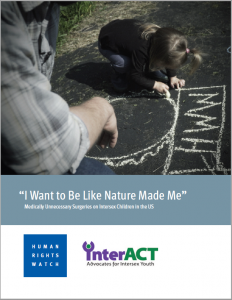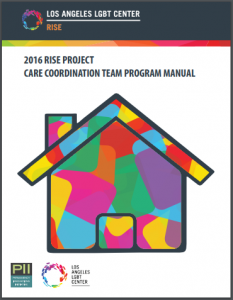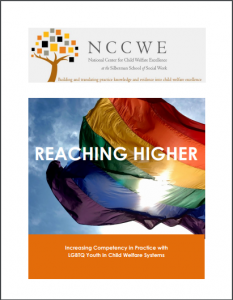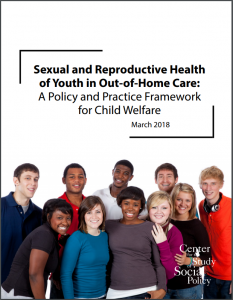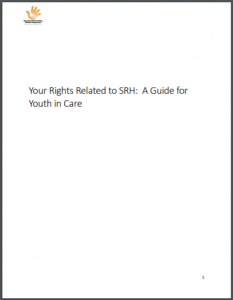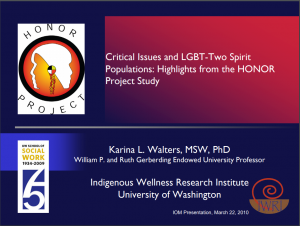 A health survey of Two-Spirit Native Americans designed to (a) test a theoretically driven stress and coping model among 447 twospirit American Indians via a structured survey; (b) design and test the feasibility of various peer-driven sampling recruitment methodologies to produce a national representative sample; and (c) conduct a qualitative study with 65 leaders to identify major strengths and coping strategies in this population.
A health survey of Two-Spirit Native Americans designed to (a) test a theoretically driven stress and coping model among 447 twospirit American Indians via a structured survey; (b) design and test the feasibility of various peer-driven sampling recruitment methodologies to produce a national representative sample; and (c) conduct a qualitative study with 65 leaders to identify major strengths and coping strategies in this population.
Report by the Indigenous Wellness Research Institute at the University of Washington, 2010.



